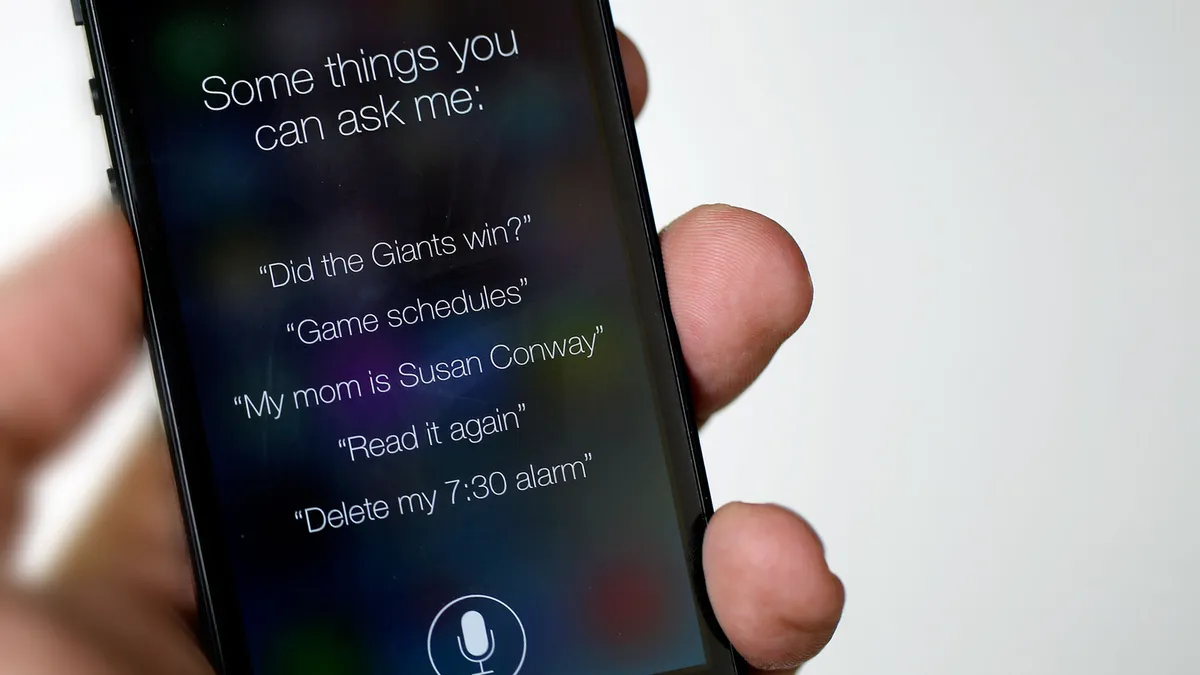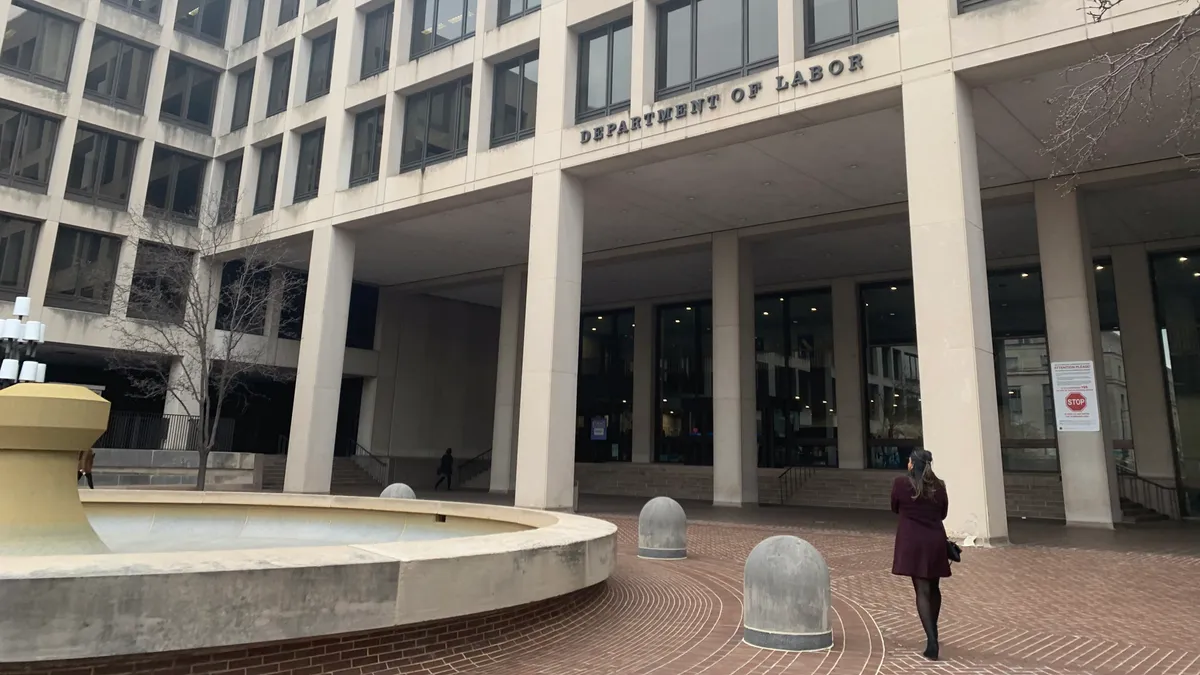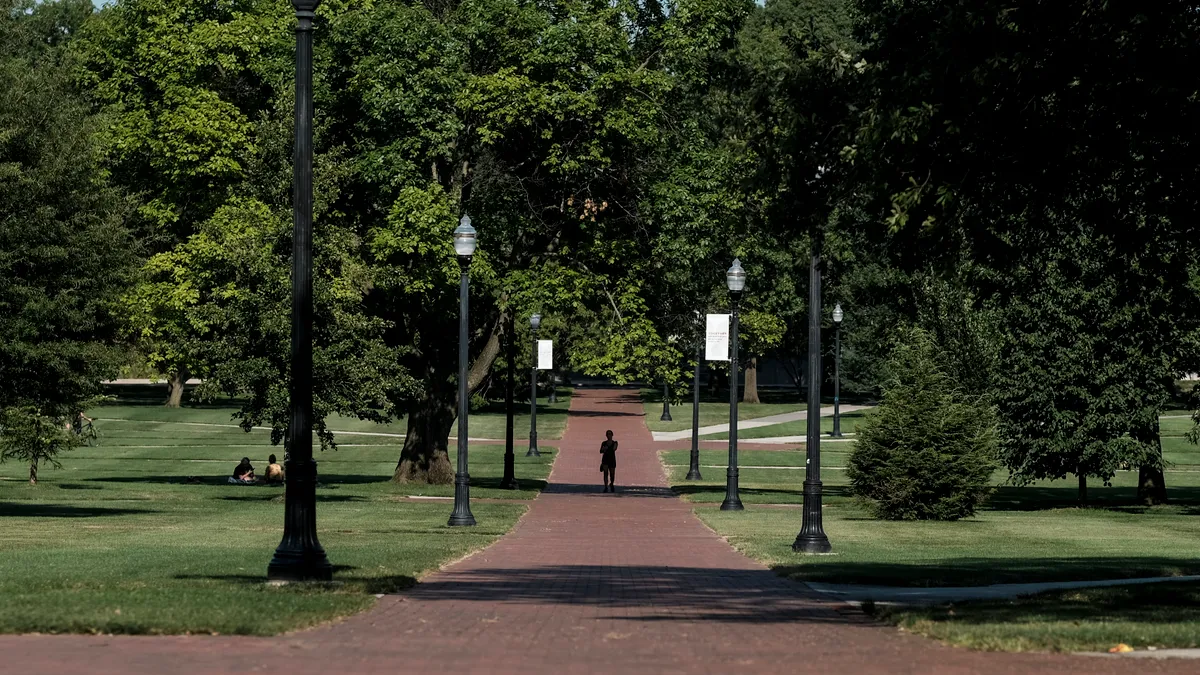Dive Brief:
- The Chronicle of Higher Education profiles a number of professors using and advocating for artificial intelligence devices to serve as low-level teaching assistants, a prospect that could revolutionize distance learning and the industry of graduate student support.
- Georgia Tech professor Ashok Goel is among several professors throughout the country experimenting with technology like IBM's "Watson" design to aid in providing answers to students who statistically will average about 10,000 questions per semester.
- Industrial experts suggest that the technology could cost a variety of service sectors more than 6% of jobs in the next 5 years, and some academicians say that science could be generations off from machines thinking and functioning in the same way that humans do.
Dive Insight:
Higher education is truly the next frontier for commercial technology development, as thousands of campuses of all sizes and missions are scrambling to discover ways to use tech to help students learn faster, more efficiently, and less expensively. Moreover, millennial students are more likely to be comfortable with technology providing a lower margin of error on answers for information, and without the prospect of information being delivered through a filter of a professor or TA having a bad day, or interpersonal favor or disfavor.
But how will these prospects transfer for institutions with lower resources? For a nation looking to educate more poor and disenfranchised people, the ideas for new technology in classrooms appear exciting, but also create more opportunities for the learning gap to grow.









